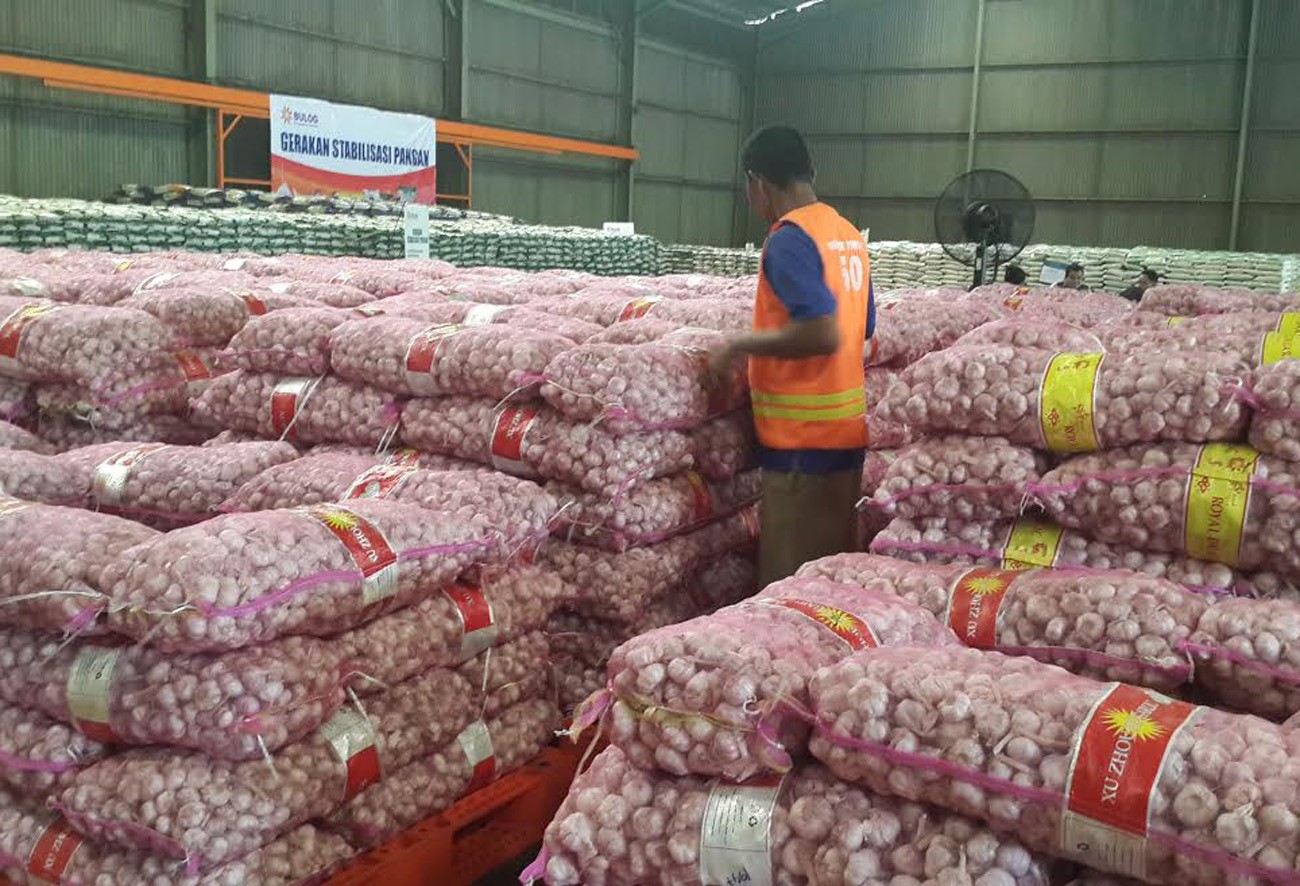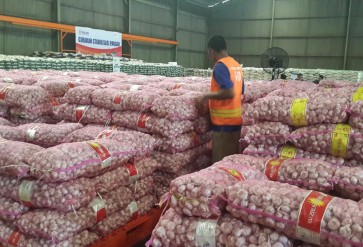Circular economy to beat competition
We import only the things we need. Not the things that would not be needed if we were efficient.
Change Size
 A worker inspects garlic stock in state logistic agency Bulog's Jakarta and Banten division warehouse in North Jakarta on May 17. As of the date, Bulog has 62 tons of garlic and is ordered to import more garlic to stabilize price during Ramadan month. (JP/Stefani Ribka)
A worker inspects garlic stock in state logistic agency Bulog's Jakarta and Banten division warehouse in North Jakarta on May 17. As of the date, Bulog has 62 tons of garlic and is ordered to import more garlic to stabilize price during Ramadan month. (JP/Stefani Ribka)
T
he growing tendency to move from a linear economy to a circular economy has spread all over the world, including to Indonesia. The linear economy is a sunset perspective where production is seen as a linear process: Take, make and dispose. As the successor, the circular economy runs production activities in the most efficient way: Take, make and then eventually dispose.
The idea of the circular economy did not appear from scratch in recent times; it was conceived by Walter R. Stahel in the late 1970s when he developed the Closed Loop Approach to production processes. The Closed Loop Approach grew mostly at the micro level, especially in the real sectors.
As a favorable way to reduce costs in production activities, the Closed Loop Approach was delightedly welcomed by all industries. From the agriculture sector where recycled water is used again and again to services industries where paper is used on both sides.
Later, this circular mindset touched the economic behavior of countries, which have recently been seen as corporations amid the global tendency of economic integration.
Starting from 1976, research by Hannah Reekman was reported to the European Commission in which was stated the importance of loops in the economy (circular economy) and the impact on job creation, economic competitiveness, resource saving and waste reduction. The report was published in 1982 as the book Jobs for Tomorrow: The Potential for Substituting Manpower for Energy.
Nowadays, in this competitive global environment, efficiency is a creed that has to be complied with by any country. It has turned into a big wave where only two options are available: Ride it or be swept by it. As the most feasible solution to achieving efficiency in goods and service production, the circular economy has a sturdy footing. The more circular an economy is, the more likely the country can win against competition. With more effective identification of end-of-life products, better recycling and reusing treatment systems and also more efficient business processes, the more the leakage of materials out of the production system will be reduced.
Any economic activities, either, production or consumption, requires inputs. Efficiency is mostly achieved by reducing inputs. But on the other hand, less input is not perfect news. It also means less demand for inputs. At this point, we know that some production sectors have to be sacrificed, which are sectors that produce input.
















